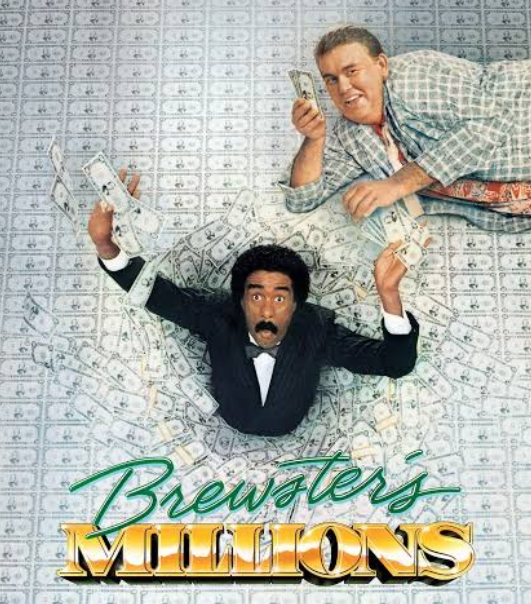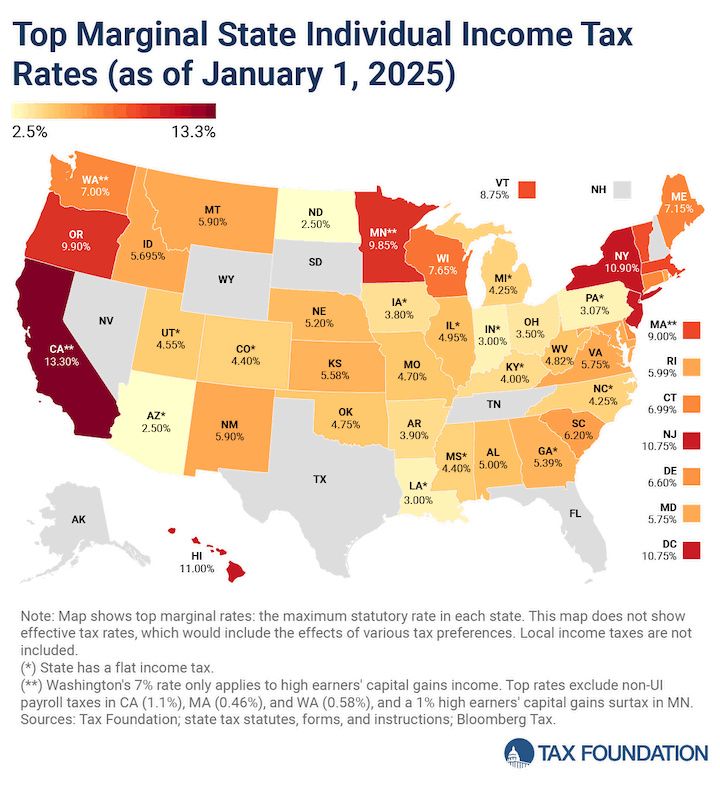When we were young there was a time when my older brother was convinced someone stole a wad of cash from his top drawer.
He tore up the house looking for it to make sure the money wasn’t just misplaced somewhere.
At one point he burst into my room and found a stash of cash in a hidden compartment of my wallet. It was like $200 which was a lot of money for a 12-year-old in the early 1990s.1
At first he thought I took the money from him. Then I explained it was my secret savings.
You see, I’d been saving money for well over a year. My parents would give us lunch money every week and the cafeteria food in those days wasn’t so great.
So I would make myself a brown bag lunch and pocket the cash.
Once I explained the source of my cash pile my family was both pleasantly surprised and impressed.
I preferred saving to spending, even at a young age. Some combination of my upbringing and DNA made me a relatively frugal person. Saving money has never been a problem for me.
All the way through my 20s and into my 30s a frugal mindset was my dominant personal finance trait. I didn’t live a life of minimalism but it was always painful to spend too much money.
I cared more about compounding for the future than letting loose in the present.
That mentality has slowly shifted over time as I’m now much more balanced in terms of saving for the future and spending in the present.
I enjoy spending money now more than I ever did in the past.
There are many reasons for this change in mindset.
Having kids. Getting older. A painful reminder that life is short.
However, being a spreadsheet guy at heart, I still needed a plan for spending money. I’m never going to be able to blindly spend with reckless abandon.
Here are some ways I’ve been able to loosen the purse strings and spend more money:
Spending budgets. A few years ago my wife and I had a conversation about finances. I asked her what our spending priorities should be.
Her only answer was travel.
We want to spend on experiences with our kids and make lots of memories.
So we turned up the savings dial on the travel budget.
The spending doesn’t hurt nearly as much when it’s planned out in advance.
Green light categories. When I first entered the investment industry and realized there was a lot to learn, I would walk from my office to the library and check out every book I could find on market history, investment legends, business, and behavioral psychology.
As I checked off books on my reading list I often encountered titles that were already checked out which required a waiting list. After months and months of waiting for certain books I realized it was stupid to deprive myself of learning.
Why not just buy them? Most books cost between $10 and $20. I finally gave myself the green light to buy books from Amazon anytime I found something I wanted to read.
I’ve added to the green light categories over time but everyone should have a few (as long as it’s balanced out by some things you won’t spend money on).
Compounding. My wife and I saved religiously in our 20s, 30s and early-40s.
I have a spreadsheet with some back-of-the-envelope compounding of our current portfolio value and future savings at reasonable rates of return.
I’m not going full Coast FIRE, but the compounding from those early investments gives me comfort to spend more now.
Making more money. Everyone in personal finance focuses on frugality and cutting back. That can work up to a point but there are diminishing returns and it’s no fun to live like a hermit.
The easiest way to spend more money is to make more money.
It sounds so obvious but most personal finance people don’t want to talk about that side of the equation.
I was on All the Hacks with my friend Chris Hutchins recently to share some thoughts on this topic. We also did a deep dive into generational risk appetites, my strategy for credit card rewards points, parenting young kids and more:
Further Reading:
Some Things I’ll Never Spend Money On
1$200 in 1993 is almost $500 in 2025 dollars.
This content, which contains security-related opinions and/or information, is provided for informational purposes only and should not be relied upon in any manner as professional advice, or an endorsement of any practices, products or services. There can be no guarantees or assurances that the views expressed here will be applicable for any particular facts or circumstances, and should not be relied upon in any manner.
You should consult your own advisers as to legal, business, tax, and other related matters concerning any investment.
The commentary in this “post” (including any related blog, podcasts, videos, and social media) reflects the personal opinions, viewpoints, and analyses of the Ritholtz Wealth Management employees providing such comments, and should not be regarded the views of Ritholtz Wealth Management LLC. or its respective affiliates or as a description of advisory services provided by Ritholtz Wealth Management or performance returns of any Ritholtz Wealth Management Investments client.
References to any securities or digital assets, or performance data, are for illustrative purposes only and do not constitute an investment recommendation or offer to provide investment advisory services. Charts and graphs provided within are for informational purposes solely and should not be relied upon when making any investment decision. Past performance is not indicative of future results. The content speaks only as of the date indicated.
Any projections, estimates, forecasts, targets, prospects, and/or opinions expressed in these materials are subject to change without notice and may differ or be contrary to opinions expressed by others.
The Compound Media, Inc., an affiliate of Ritholtz Wealth Management, receives payment from various entities for advertisements in affiliated podcasts, blogs and emails. Inclusion of such advertisements does not constitute or imply endorsement, sponsorship or recommendation thereof, or any affiliation therewith, by the Content Creator or by Ritholtz Wealth Management or any of its employees. Investments in securities involve the risk of loss. For additional advertisement disclaimers see here: https://www.ritholtzwealth.com/advertising-disclaimers
Please see disclosures here.
Disclaimer: This story is auto-aggregated by a computer program and has not been created or edited by finopulse.
Publisher: Source link








